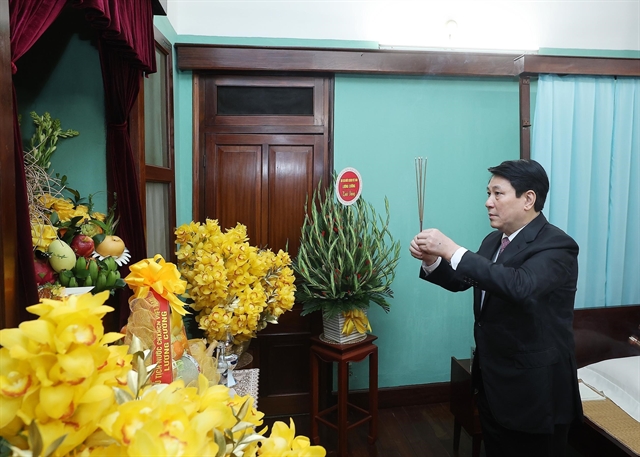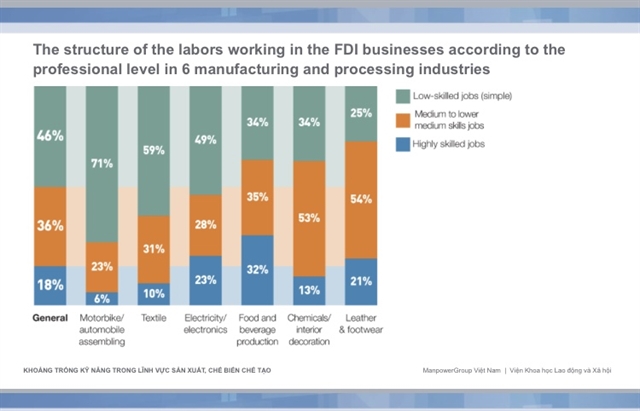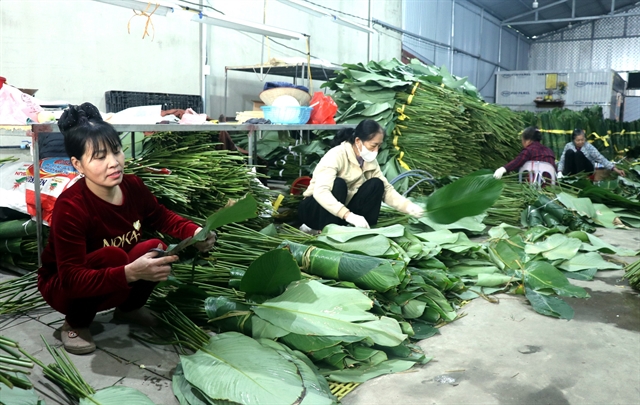 Economy
Economy


|
| A chart showing the labour structure based on skill levels at foreign-invested businesses in manufacturing. VNA/VNS Photo |
HCM CITY — With the increasing foreign investment in Việt Nam, the human resource structure will see a fundamental change since FDI generally goes into industries that require medium to very skilled workers, experts have said.
“The Covid-19 pandemic will continue to be more complicated in 2021 and the world is still in the ‘new normal’ phase,” Bùi Tôn Hiến, director of the Institute of Labour and Social Affairs, told a webinar on July 22.
“Businesses have to optimise their operation and production to be both more effective and safer.
“Foreign-invested firms in manufacturing will lean more towards automation, and will thus influence demand for labour skills and skilled jobs in the market in the next two to three years.”
The webinar heard the results of a comprehensive survey of over 200 foreign enterprises in manufacturing and processing done by ManpowerGroup Vietnam and the institute between October to December last year, which forecast employment and skill trends in 2021 – 23.
It found that they use high to very high level technologies (32 per cent) or medium level technologies (63 per cent).
Only 5 per cent use low or very low level stuff.
Nearly half their workers (46 per cent) perform unskilled or simple jobs, with the ratio being especially high in motorbike and automobile manufacturing, textile and electronics.
Around a third of the workers have medium to low skills (office workers/ services and sales, assembly technicians and equipment operators).
Work ethics, discipline at work and professional/technical skills are rated as very important by the companies.
Foreign language skills also play a critical role.
The skills that businesses find most difficult to find are professional/technical, foreign language, analytical, logical and critical thinking, creativity, initiative, leadership/ management, decision making, problem solving, and conflict management.
Simon Matthews, regional manager of ManpowerGroup Vietnam, Thailand & Middle East, said: “Việt Nam has steadily turned into a manufacturing hotspot in Asia due to its relatively large and cost-competitive workforce, attractive tax regime, stable political environment, geographical advantages, and open trade policies.
“Foreign firms plan to expand manufacturing operations in Việt Nam in an effort to diversify supply chains. This will bring about great opportunities for Việt Nam to develop manufacturing to the next level, creating thousands of meaningful jobs for its workforce.
“Due to the technological disruption, employers need to develop an effective and holistic workforce strategy. As the world of work is changing fast and it becomes more and more challenging to find workers with suitable skills, organisations must build, bridge and borrow the skill sets they need.
“That will be critical for their success…, especially in the digital age.”
The manufacturing sector achieved a higher growth momentum in the fourth quarter of 2020 than previous quarters, brightening prospects for an economic recovery.
With its international integration and young and abundant workforce, Việt Nam continued to strongly attract FDI.
The businesses participating in the survey are in motorbike or automobile manufacturing, electrical and electronics production, textiles, leather and footwear, food and beverages, chemicals, and interior decoration.
They are located in six provinces or cities with high rates of foreign investment: Bắc Ninh, Hà Nội, Hải Dương, Đà Nẵng, Bình Dương, and HCM City. —VNS




